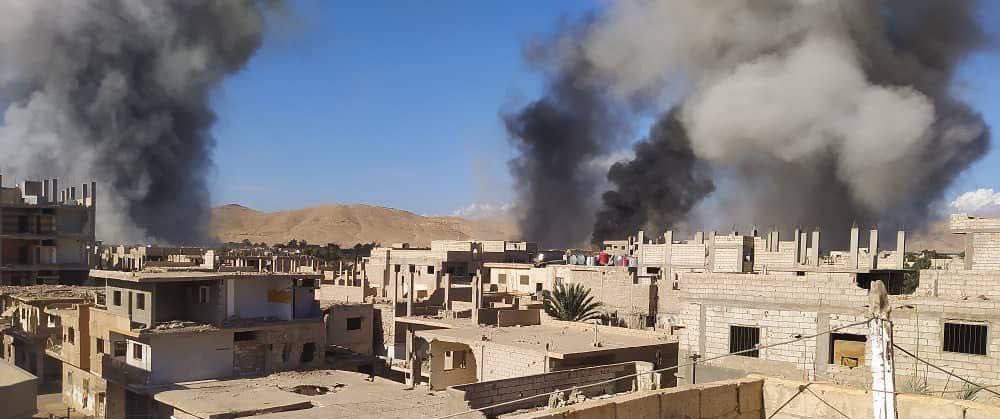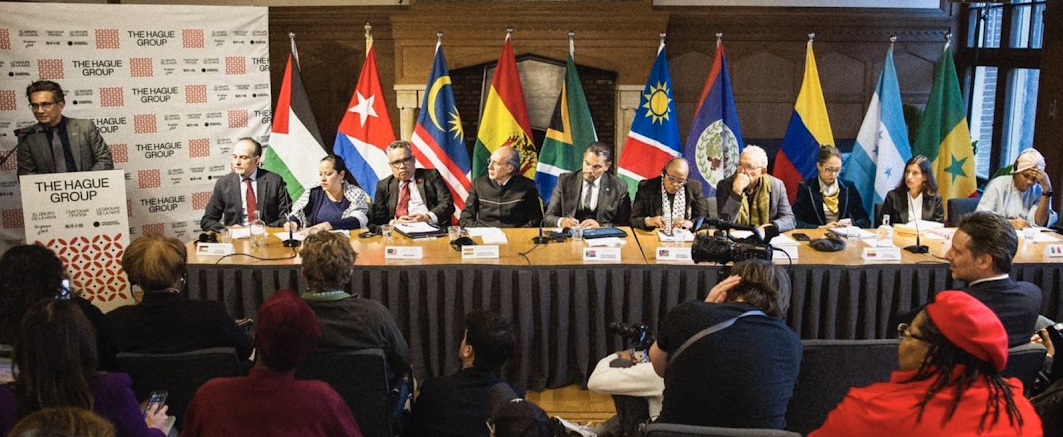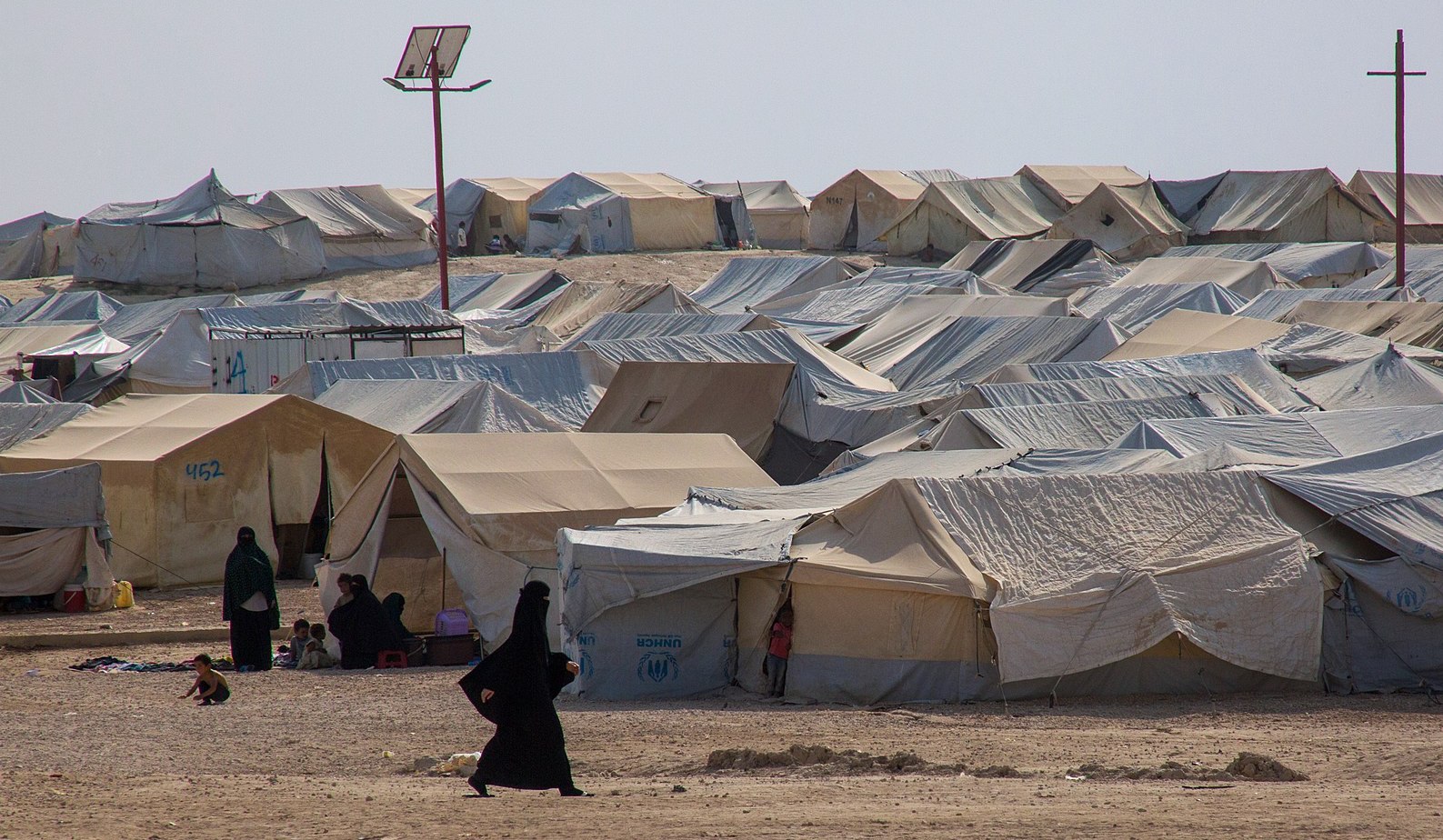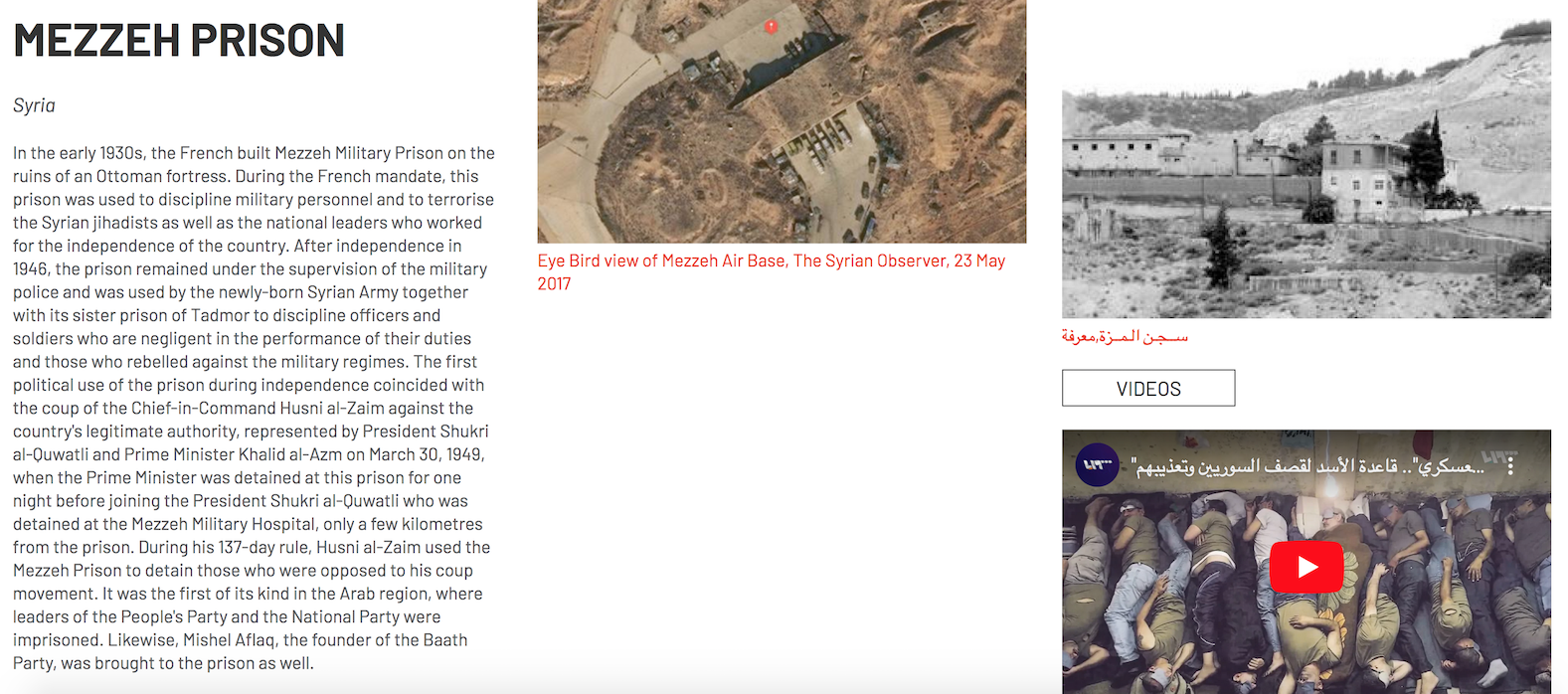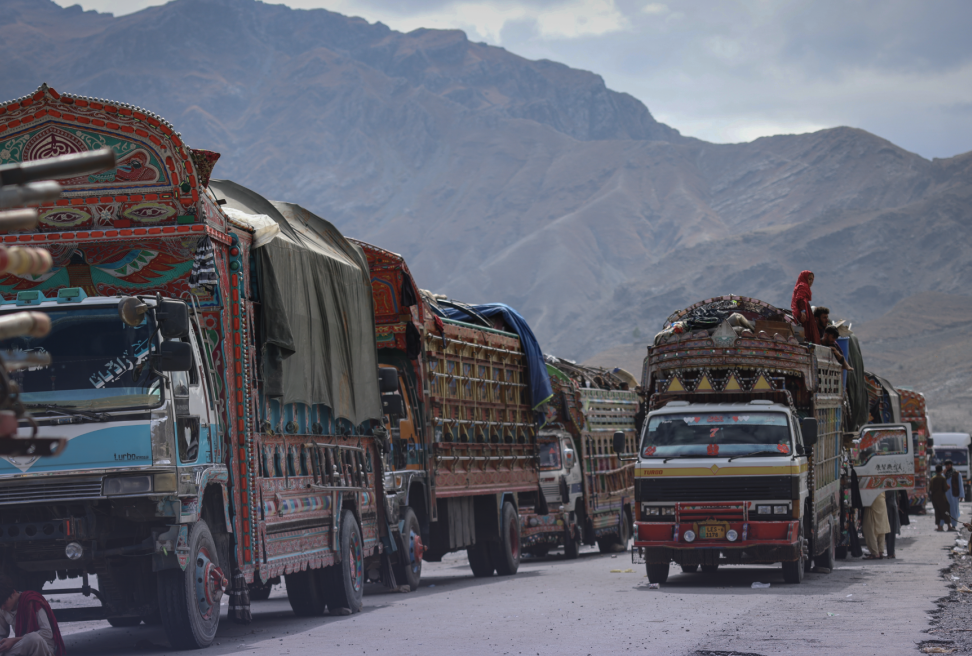
Pakistan forcibly deporting Afghan refugees
The International Organization for Migration reported that nearly 60,000 Afghan refugees have been forcibly deported from Pakistan so far this month. The latest wave of deportations comes amid a nationwide effort to expel foreigners, whether they are residing in Pakistan legally or illegally, in the name of “national security.” Amnesty International criticized the Illegal Foreigners Repatriation Plan (IFRP) for being ambiguous in its criteria for deportation. Last year’s previous wave of deportations under the IFRP saw 800,000 Afghans, many of whom have resided in Pakistan for decades. While Afghan refugees face growing stigmatization and discrimination in Pakistan, they often face persecution and violent reprisals at the hands of the Taliban after their repatriation. (Photo: IOM)






